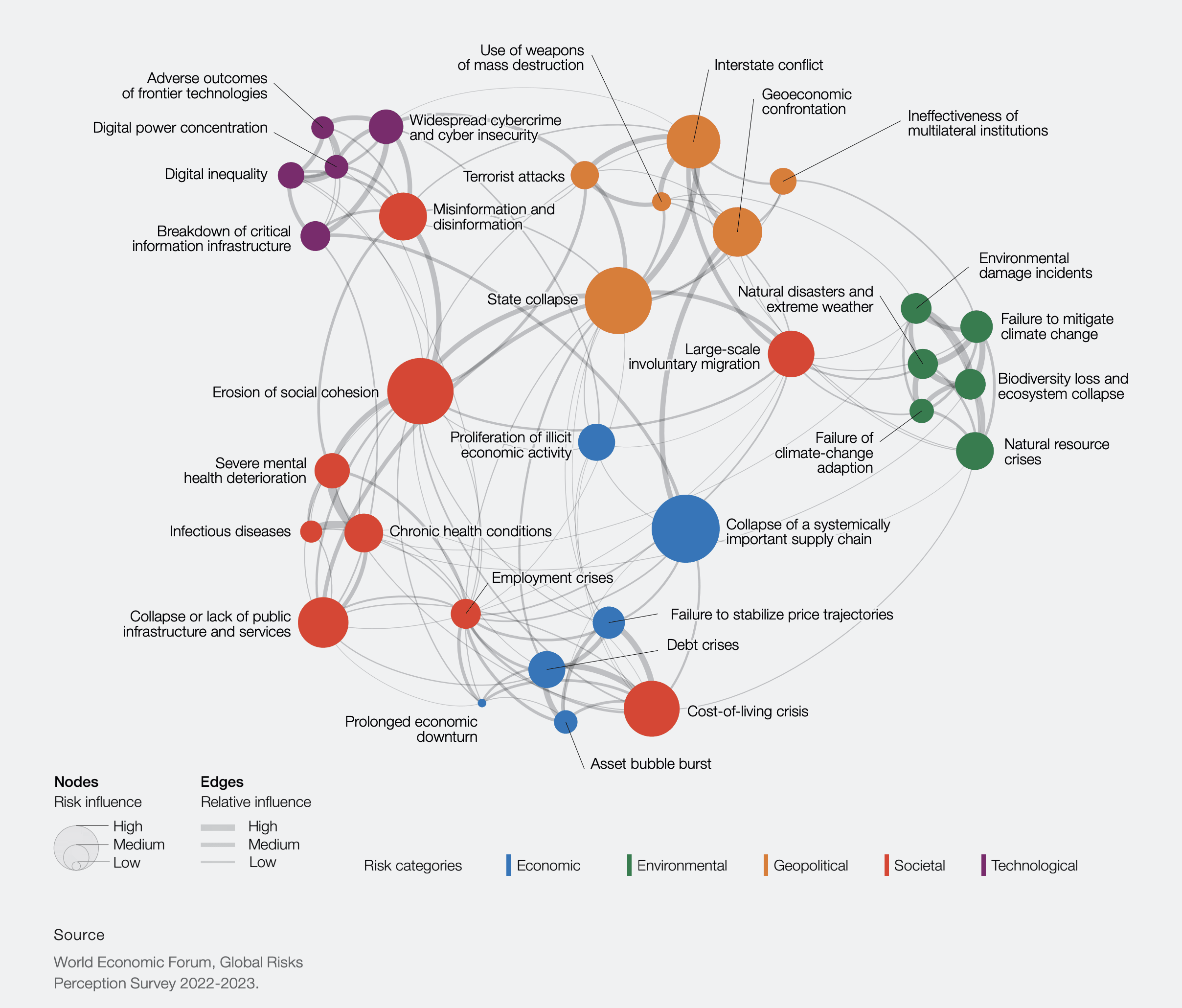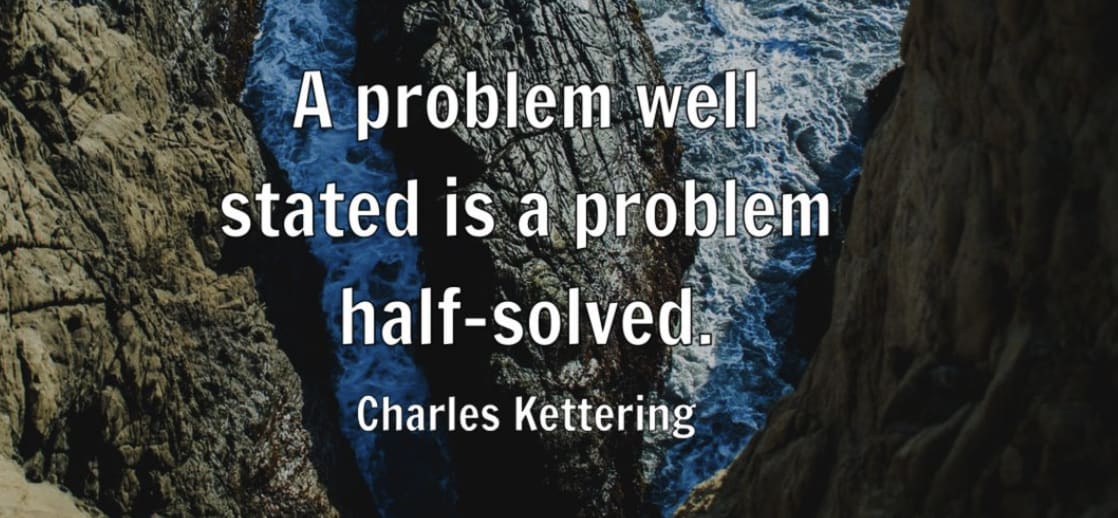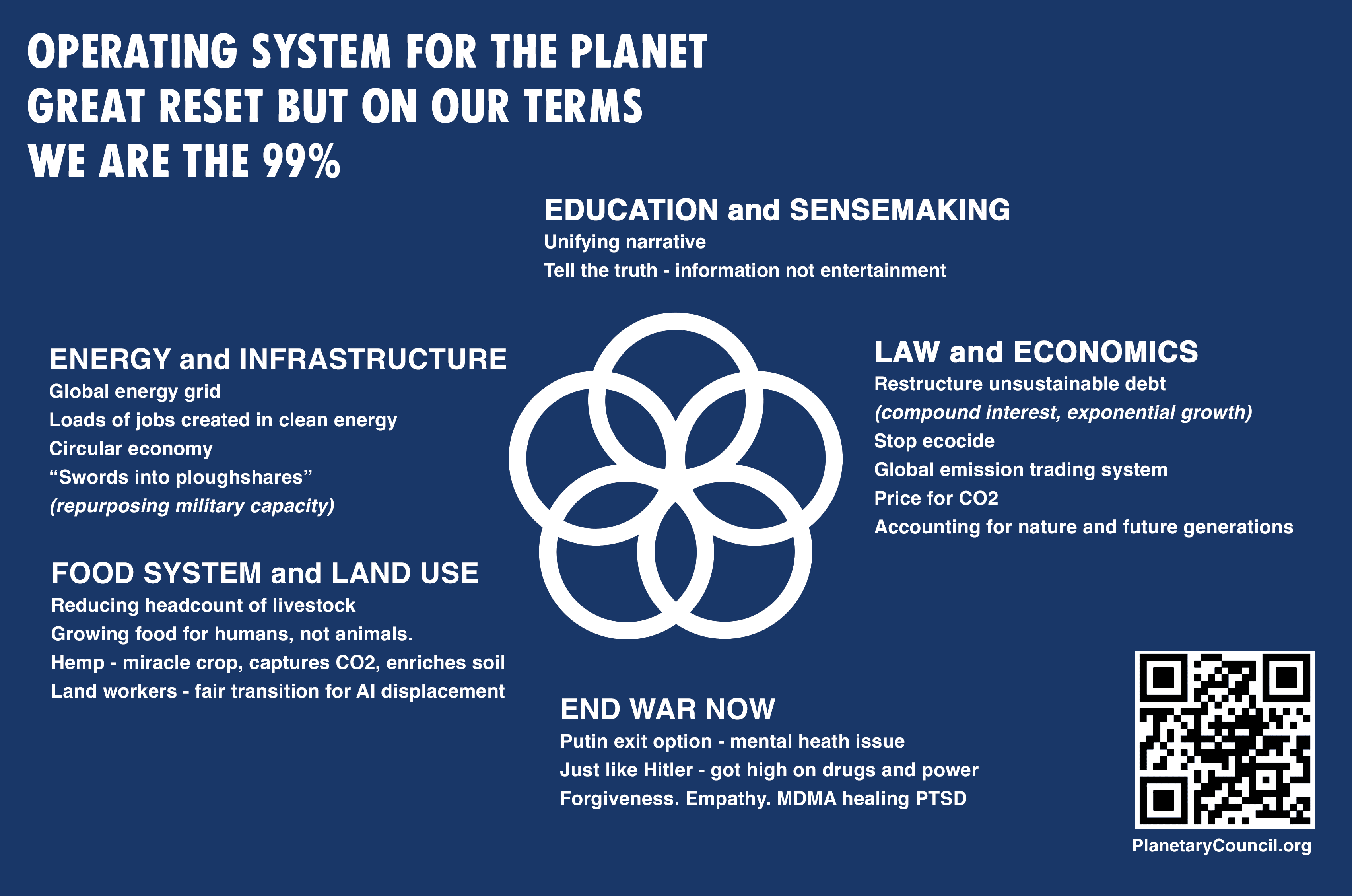I am currently engaging more with the content produced by Daniel Schmachtenberger and the Consilience Project and slightly wondering why the EA community is not really engaging with this kind of work focused on the metacrisis, which is a term that alludes to the overlapping and interconnected nature of the multiple global crises that our nascent planetary culture faces. The core proposition is that we cannot get to a resilient civilization if we do not understand and address the underlying drivers that lead to global crises emerging in the first place. This work is overtly focused on addressing existential risk and Daniel Schmachtenberger has become quite a popular figure in the youtube and podcast sphere (e.g., see him speak at Norrsken). Thus, I am sure people should have come across this work. Still, I find basically no or only marginally related discussion of this work in this forum (see results of some searches below), which surprises me.
What is your best explanation of why this is the case? Are the arguments so flawed that it is not worth engaging with this content? Do we expect "them" to come to "us" before we engage with the content openly? Does the content not resonate well enough with the "techno utopian approach" that some say is the EA mainstream way of thinking and, thus, other perspectives are simply neglected? Or am I simply the first to notice, be confused, and care enough about this to start investigate this?
Bonus Question: Do you think that we should engage more with the ongoing work around the metacrisis?
Related content in the EA forum
- Systemic Cascading Risks: Relevance in Longtermism & Value Lock-In
- Interrelatedness of x-risks and systemic fragilities
- Defining Meta Existential Risk
- An entire category of risks is undervalued by EA
- Corporate Global Catastrophic Risks (C-GCRs)
- Effective Altruism Risks Perpetuating a Harmful Worldview




from https://cusp.ac.uk/themes/m/blog-jr-meta-crisis/
I'm not overly keen on the terms meta/polycrisis. But 'collapse' aint great either.
At any rate, they're all gesturing in the same general direction: civilization is a complex system composed of, reliant on, interacting with other complex systems. Many of these systems are out of equilibrium, many are under stress or degrading.
Problems in one system, e.g. energy, ripple out and have all kinds of chaotic effects in other systems, some of which can feed back into the energy system.
And this is roughly where the optimists and the pessimists go their separate ways - it usually requires a pessimistic disposition to go around finding and connecting all these horrifying little dots and perceive the 'metacrisis', and the foregone conclusion to a pessimist is that we're all doomed :)
This conclusion is anathema to optimists, so the baby tends to get thrown out with the bathwater.
The reason the metacrisis is a valuable framework, to EA most of all, is that it's a powerfully predictive model of the world - by revealing the interconnected clusterfuck of everything, it also highlights areas where successful intervention would have massive, systemwide, effects.
(And it shows you where interventions that might seem effective in a vacuum, are in effect meaningless.)
To give you a solid example of the kind of thing I'm talking about: trust is a cause area that is almost totally neglected, yet is actually a bottleneck in almost every single other cause area - inequality, nuclear proliferation, climate change, AI safety etc etc - you find/make a tool for scaling trust, you'll basically hit the jackpot in terms of EFFECTIVE altruism.
One last point in favour of the metacrisis framework: it gives you realistic timelines. I referenced this earlier, but this really is the point I can't hammer home enough:
The hinge of history is shorter than EA's think.
I genuinely believe that this community/movement is the best candidate for navigating the hinge of history successfully, but I also worry that there is a lack of urgency/focus due to far too optimistic interpretations i.e. 'the most important century'.